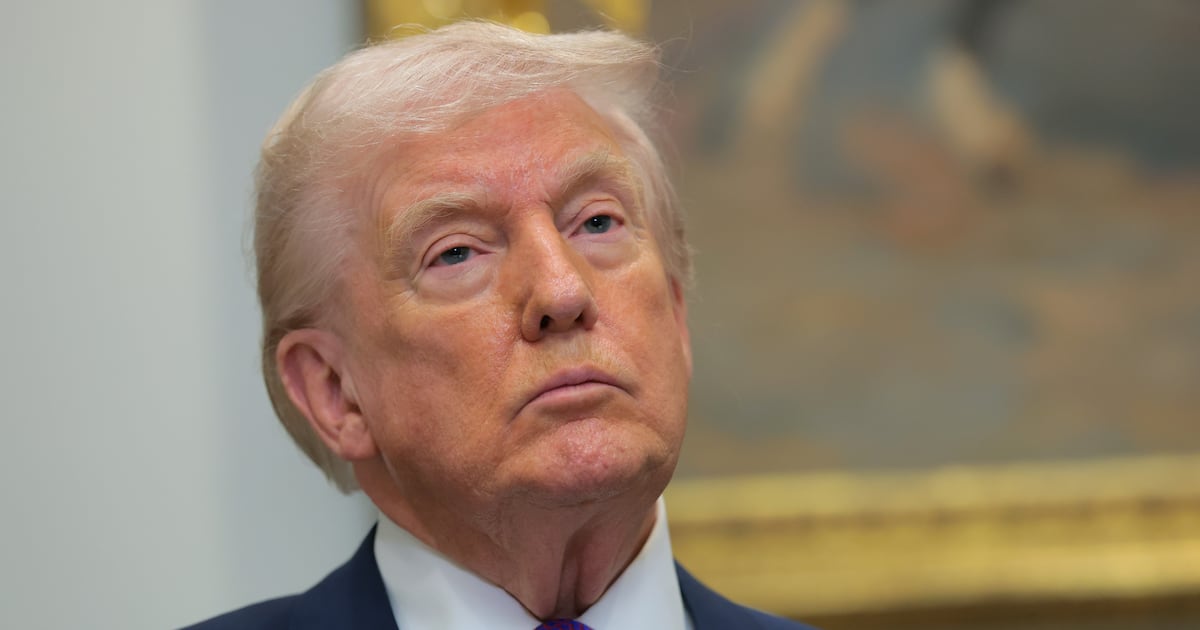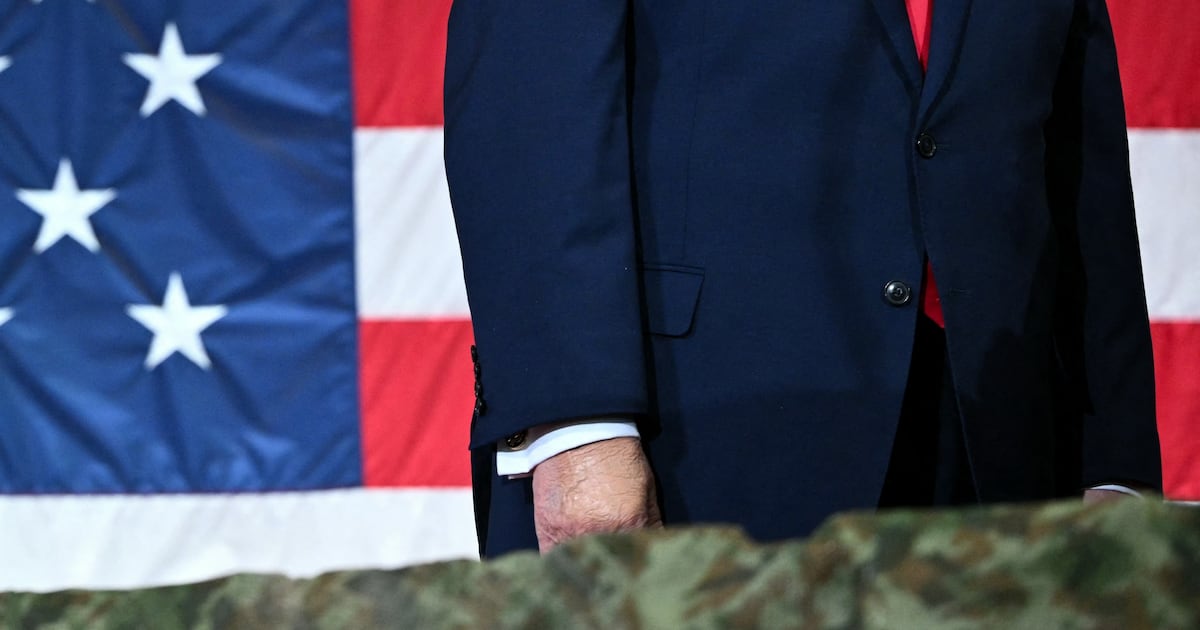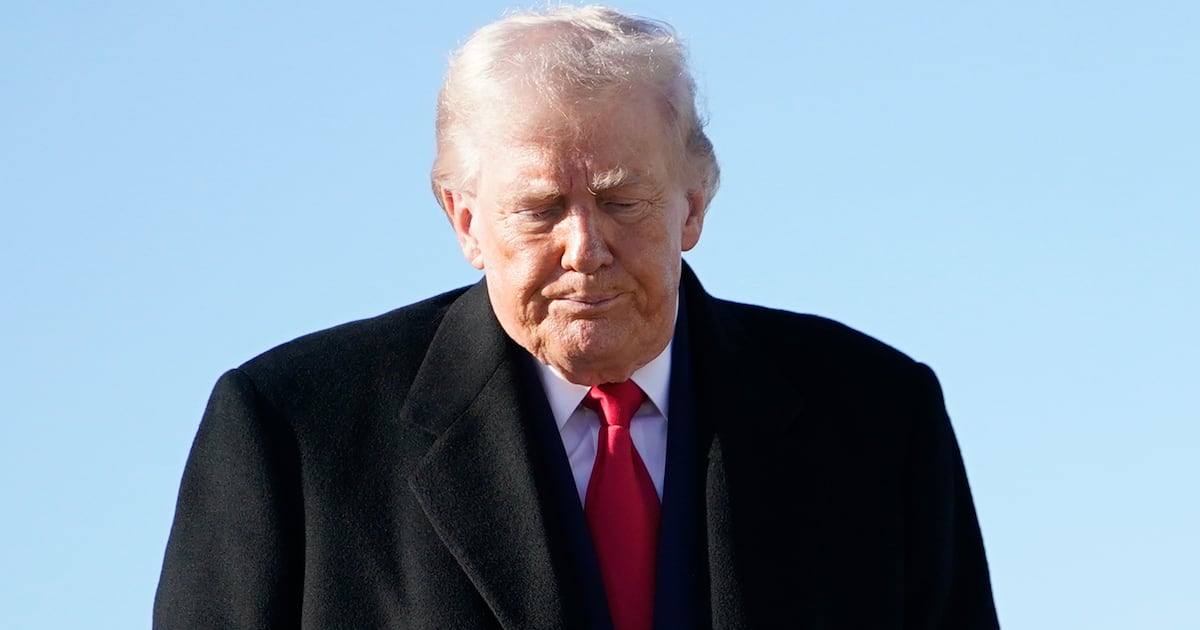
Former Israeli Prime Minister Ehud Olmert says the government of Benjamin Netanyahu spent almost $3 billion in the past two years preparing for a war against Iran's nuclear program that it probably never intended to wage.
In an interview with The Daily Beast, Olmert said the sum was above and beyond the billions allocated to the defense budget and helped raise Israel’s fiscal deficit to heights it hadn’t reached in years. As a result, he said, Netanyahu would be forced to make broad spending cuts, if reelected next week, upsetting potential coalition partners that are accustomed to having their sectarian causes generously financed.
“The security establishment…on the instructions of the government spent an additional 11 billion shekels ($2.95 billion) beyond the regular budget of the Defense department to make preparations regarding a possible Israeli operation against Iran,” said Olmert, who is Netanyahu’s political rival.
He said the extra spending was designed to make the United States believe that Israel genuinely intended to attack Iran’s nuclear program. Netanyahu hoped the perception would prod President Obama, who opposes an Israeli strike, to organize tighter sanctions against Iran and take action of his own to prevent it from crossing the nuclear threshold.
“The general opinion of those that were involved [in the preparations] was that this was much more about rhetoric and less about a real determination to activate it,” Olmert told The Daily Beast.
He refused to say how he came by the information or how the extra funds were spent. But a former senior government official who did not want to be named discussing security issues said much of the money went to the Air Force, which drew up plans for a possible attack and rehearsed them in frequent maneuvers over the past two years.
Olmert first made the allegation over the weekend, telling Israel’s Channel Two that Netanyahu wasted the money on “adventurous delusions that were not carried out and will not be carried out.”
In response, Netanyahu said Olmert was trying to tarnish his administration ahead of parliamentary elections next week.
“That is an irresponsible and peculiar statement," Netanyahu told Israel’s Army Radio. "[I] will not divulge details of defense spending, but I can say that we developed capabilities in arenas both near and far, and that is an important investment.
“The numbers [Olmert presents] are inaccurate, and do not reflect reality ... We have the full right to defend ourselves, and there is no right without capabilities,” he said.
Olmert served as prime minister from 2006 to 2009, when he was indicted on a series of corruption charges. A court acquitted him last year on the main charges stemming from one case but he awaits trial in a separate affair.
While he is not contesting the Jan. 22 election, Olmert remains politically active. He has endorsed the leader of his old Kadima party, Shaul Mofaz, in the coming vote and repeatedly criticized Netanyahu for not pursuing peace with the Palestinians.
In the Israeli TV interview over the weekend, Olmert warned that the Palestinians would launch another massive uprising in the West Bank if Netanyahu fails to restart negotiations with Palestinian President Mahmoud Abbas.
Netanyahu is widely expected to win next week’s election and form a new government—likely opting for right-wing and religious parties that oppose concessions to the Palestinians as his partners.
Though the Iran issue has been largely muted during the campaign, it is likely ratchet up again after the vote. Netanyahu has warned that there are only a few months left to halt the Iranian program before it crosses a critical threshold.
Iran says in response that its program is peaceful and denies it is developing nuclear weapons.
Olmert said Netanyahu’s effort to force Obama into action against Iran damaged relations between the two countries.
“If you want to influence the United States of America, the worst thing that you can do is to stand up in front of the world and threaten the U.S. that if you don’t do it we will do it,” he said. “To convince [the U.S. president], you talk to him privately and intimately. No president of America can be seen as if he’s acting under instructions from Jerusalem.”
The United States is Israel’s closest ally and provides it with more than $3 billion in annual aid.
One former Obama administration official said recently that Washington will make a last stab at diplomacy with Iran in the coming year, before deciding whether to take military action of its own against the country’s nuclear installations.
“I actually think there’s some potential … that diplomacy could work,” said Dennis Ross, speaking at a conference in Jerusalem recently. “But if it doesn’t, then we have to be prepared to use force and I think we will be.”






